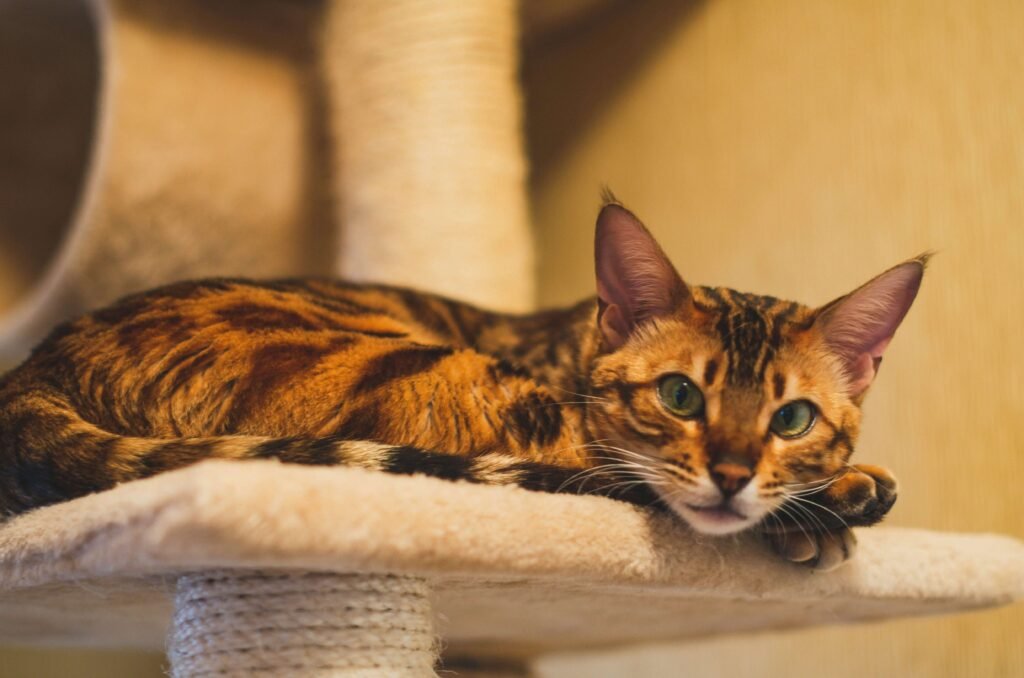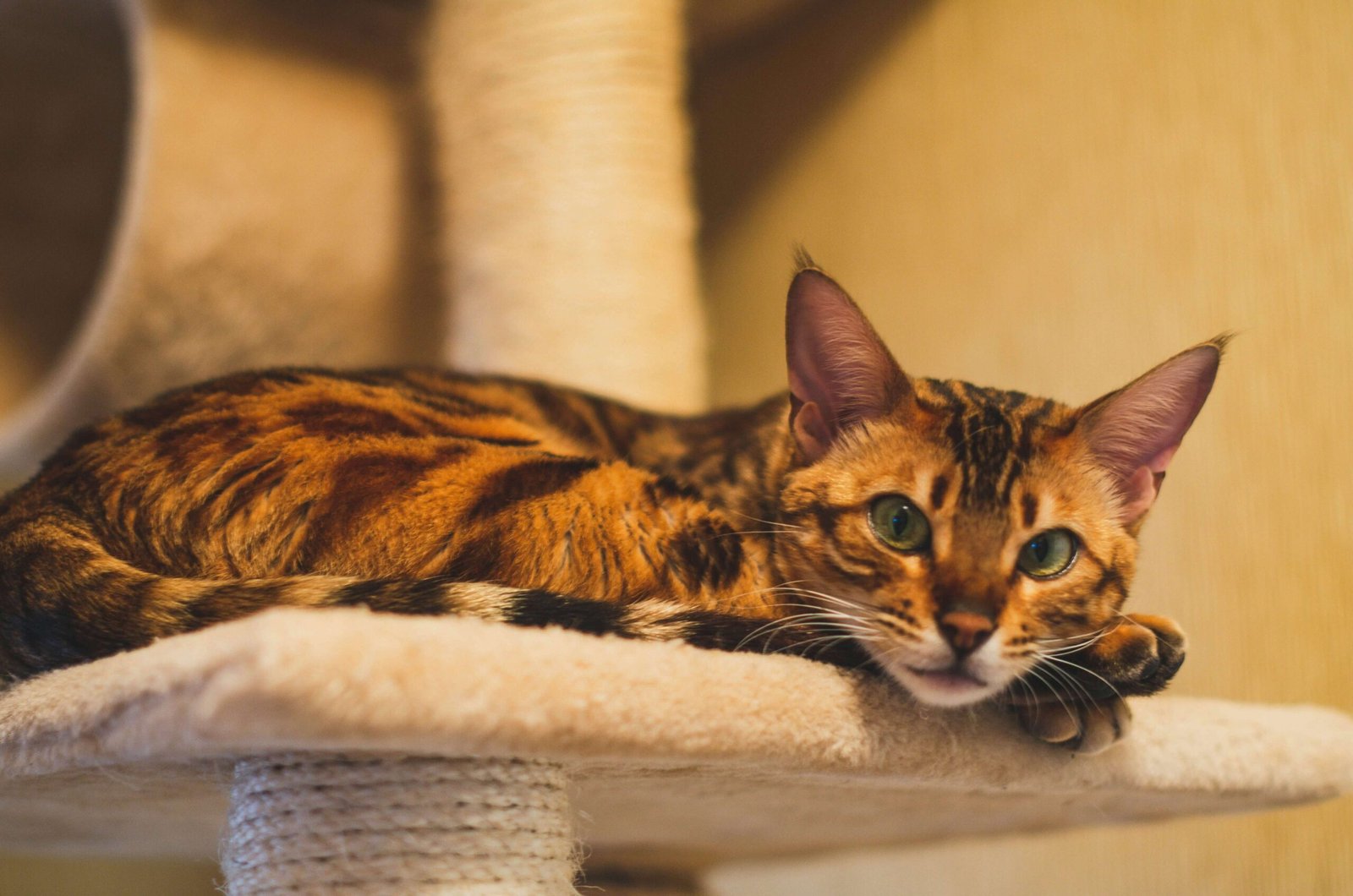Male Cat Before and After Neutering: Best 7 Health Tips!
Understanding the Impact of Neutering on Male Cats
When it comes to caring for our feline companions, neutering is a topic that often sparks curiosity and sometimes even concern. Many cat owners wonder how this common procedure might affect their male cat’s behavior, health, and overall well-being. Neutering, also known as castration, is a routine veterinary procedure that involves the removal of a male cat’s testicles.
While it may seem daunting at first, understanding the before-and-after effects of neutering can help pet owners make informed decisions about their furry friend’s health. In this blog post, we’ll explore the physical, behavioral, and emotional changes that occur in male cats before and after neutering, shedding light on why this procedure is so widely recommended by veterinarians.
Physical Changes in Male Cats After Neutering
Neutering brings about several noticeable physical changes in male cats. These transformations are not only important for their long-term health but also contribute to a more harmonious home environment. Below, we’ll break down the key physical differences you can expect to observe in your male cat after the procedure.
Reduced Risk of Testicular Cancer
Since neutering removes the testicles, the risk of developing testicular cancer is completely eliminated. This is one of the most significant health benefits of the procedure.Decreased Aggression Levels
Neutered male cats tend to be less aggressive compared to their unneutered counterparts. This change is linked to the reduction in testosterone levels after the surgery.Less Urine Spraying
Unneutered male cats are notorious for spraying strong-smelling urine to mark their territory. Neutering significantly reduces this behavior, making your home a more pleasant place.Improved Coat Condition
Many owners notice that their cat’s fur becomes softer and shinier after neutering. This improvement is often attributed to hormonal changes.Weight Management Considerations
Neutered cats may experience a slower metabolism, which can lead to weight gain if their diet isn’t adjusted accordingly.
In summary, neutering not only enhances your cat’s physical health but also improves their quality of life and your living environment. These changes highlight the importance of considering this procedure for your male cat.
Behavioral Shifts Post-Neutering
One of the most fascinating aspects of neutering is its impact on a male cat’s behavior. While every cat is unique, many exhibit similar patterns of change after the procedure. Understanding these shifts can help you prepare for what to expect and strengthen your bond with your pet.
Less Roaming Behavior
Unneutered male cats often roam far from home in search of mates. Neutering curbs this instinct, keeping your cat closer to home and safer.Reduced Fighting Tendencies
Male cats are naturally territorial and prone to fighting, especially during mating season. Neutering minimizes this aggressive behavior, reducing the risk of injuries.Calmer Demeanor
Many neutered cats become noticeably calmer and more relaxed. This change can make them easier to handle and more affectionate toward their owners.Improved Socialization
With reduced aggression and territorial instincts, neutered cats often get along better with other pets in the household.Enhanced Focus on Play
Instead of being preoccupied with mating behaviors, neutered cats tend to channel their energy into play and interaction with their human companions.
These behavioral changes underscore the positive impact neutering can have on your cat’s personality and interactions. By addressing unwanted behaviors, neutering helps create a more peaceful and enjoyable living situation for everyone involved.
Check this guide 👉How Much Does It Cost to Neuter a Cat? Best 7 Expert Tips!

Before Neutering | After Neutering |
|---|---|
Frequent urine marking | Reduced or eliminated spraying |
High roaming tendencies | Stays closer to home |
Aggressive behavior during mating | Calmer and less aggressive |
Increased risk of testicular cancer | No risk of testicular cancer |
Strong territorial instincts | Improved socialization with other pets |
Health Benefits of Neutering Male Cats
Neutering is not just about managing behavior; it also offers numerous health advantages that can extend your cat’s lifespan and improve their overall well-being. Let’s take a closer look at the specific health benefits associated with this procedure.
Lower Risk of Certain Diseases
Neutering reduces the likelihood of prostate issues and other hormone-related conditions that can affect unneutered male cats.Prevention of Unwanted Litters
By neutering your cat, you contribute to controlling the pet population and preventing the birth of kittens that may struggle to find homes.Reduced Risk of Infections
Neutered cats are less likely to contract infections or diseases transmitted through fighting or mating.Longer Lifespan
Studies show that neutered cats often live longer due to the elimination of risks associated with reproductive behaviors and diseases.Easier Vet Visits
Neutered cats tend to be less stressed during veterinary examinations, as they are generally calmer and less reactive.
The health benefits of neutering are undeniable, making it a responsible choice for any cat owner who wants to ensure their pet enjoys a long and healthy life.
Addressing Common Concerns About Neutering
Despite its many benefits, some pet owners hesitate to neuter their male cats due to misconceptions or concerns. Addressing these worries can help alleviate fears and encourage informed decision-making.
Will My Cat Gain Weight?
While neutered cats may experience a slower metabolism, maintaining a balanced diet and regular exercise can prevent weight gain.Is the Procedure Painful?
Modern veterinary practices ensure that neutering is performed under anesthesia, minimizing discomfort for your cat.Will My Cat’s Personality Change Drastically?
Neutering typically results in subtle personality changes, such as reduced aggression, rather than a complete transformation.What Is the Recovery Time?
Most cats recover quickly from neutering, with minimal downtime and few complications when proper post-operative care is provided.Is It Expensive?
Many animal shelters and clinics offer affordable neutering services, making it accessible for most pet owners.
By addressing these common concerns, we hope to reassure cat owners that neutering is a safe and beneficial procedure for their furry companions.
Emotional Changes in Male Cats After Neutering
Neutering doesn’t just affect a cat’s physical and behavioral traits; it can also influence their emotional well-being. Many pet owners notice a shift in their male cat’s mood and attachment levels after the procedure. These emotional changes often contribute to a stronger bond between the cat and its owner.
Increased Affection
Neutered cats are often more affectionate, seeking out cuddles and attention from their human companions.Reduced Stress Levels
Without the urge to mate or defend territory, neutered cats tend to experience less stress and anxiety in their daily lives.Improved Adaptability
Neutered cats may adapt better to new environments or changes in routine, as they are less driven by hormonal impulses.Enhanced Trust
Many owners report that their neutered cats display greater trust and reliance on them, strengthening the human-animal bond.Fewer Mood Swings
Hormonal fluctuations in unneutered cats can lead to unpredictable moods, but neutering helps stabilize their emotional state.
In conclusion, neutering can lead to a more emotionally balanced and loving companion, enhancing the relationship between you and your cat. These emotional benefits make the procedure even more worthwhile for both cat and owner.
Environmental Impact of Neutering
Neutering your male cat not only benefits your household but also has broader implications for the environment and community. By reducing certain behaviors associated with unneutered cats, you’re contributing to a healthier ecosystem and a more harmonious neighborhood.
Reduced Stray Populations
Neutering helps curb overpopulation, which can lead to fewer stray cats struggling to survive in urban areas.Less Noise Pollution
Unneutered male cats are known for loud mating calls, which can disturb neighbors. Neutering eliminates this issue.Minimized Wildlife Disruption
Roaming male cats often hunt birds and small animals. Neutering reduces roaming tendencies, protecting local wildlife.Cleaner Outdoor Spaces
With reduced spraying and territorial marking, public areas remain cleaner and more pleasant for everyone.Community Harmony
Fewer fights and aggressive behaviors among neighborhood cats contribute to a more peaceful community environment.
By choosing to neuter your male cat, you’re making a positive impact that extends beyond your home. This simple step can help create a more sustainable and peaceful coexistence between humans and animals.
Financial Considerations of Neutering
While neutering is primarily a health and behavioral decision, it’s also important to consider the financial aspects of the procedure. Many pet owners wonder if the cost of neutering is worth it or how it compares to potential expenses down the line. Understanding these financial benefits can help ease concerns about affordability.
Lower Vet Bills
Neutered cats are less likely to develop reproductive diseases or sustain injuries from fights, reducing future veterinary costs.Prevention of Emergency Care
Unneutered cats are at higher risk of accidents or infections, which can lead to costly emergency treatments.Affordable Procedure Costs
Many animal shelters and clinics offer low-cost neutering services, making it accessible for most pet owners.Reduced Cleaning Expenses
With less urine spraying and destructive behavior, you’ll save money on cleaning supplies and home repairs.Long-Term Savings
Investing in neutering now can save you significant amounts of money over your cat’s lifetime by preventing health and behavioral issues.
In summary, while there is an upfront cost to neutering, the long-term financial benefits far outweigh the initial expense. By neutering your male cat, you’re not only ensuring their well-being but also saving money in the process.
Frequently Asked Questions About Neutering Male Cats
At what age should I neuter my male cat?
The ideal age for neutering is typically between 4 and 6 months, but consult your veterinarian for personalized advice.
Will neutering make my cat lazy?
Neutering may reduce certain energetic behaviors like roaming, but your cat will still enjoy playing and staying active.
Can neutering prevent all behavioral issues?
While neutering addresses many behaviors, individual temperament and training also play a role in shaping your cat’s personality.
How long does the surgery take?
The procedure itself usually takes about 15-30 minutes, followed by a short recovery period at the clinic.
Are there any risks involved?
As with any surgery, there are minor risks, but neutering is considered a safe and routine procedure when performed by a qualified vet.
Making the Right Choice for Your Feline Friend
Deciding to neuter your male cat is an important step in ensuring their long-term health and happiness. From reducing unwanted behaviors like spraying and aggression to lowering the risk of serious health issues, the benefits of neutering are clear. While the decision may feel overwhelming at first, understanding the positive changes that come with this procedure can help ease any concerns. By choosing to neuter your cat, you’re not only investing in their well-being but also contributing to a more balanced and harmonious home environment. Remember, consulting with your veterinarian is always the best way to ensure you’re making the right choice for your beloved feline companion.
Do Cats Have Taste Buds? Best 7 Expert Tips! – Discover how cats experience flavors and why their taste is so unique.
Do Dogs Have Taste Buds? Best 7 Expert Tips! – Discover how dogs experience taste, their preferences, and what it means for their diet and health.
Can Cats Taste Sweet? Best 7 Expert Tips! – Discover why cats can’t taste sweetness, how it affects their diet, and tips to keep them healthy and happy.
Can Dogs Taste Sweet? Best 7 Expert Tips! – Discover how dogs perceive sweetness, which foods are safe, and tips to manage their sweet cravings responsibly.





